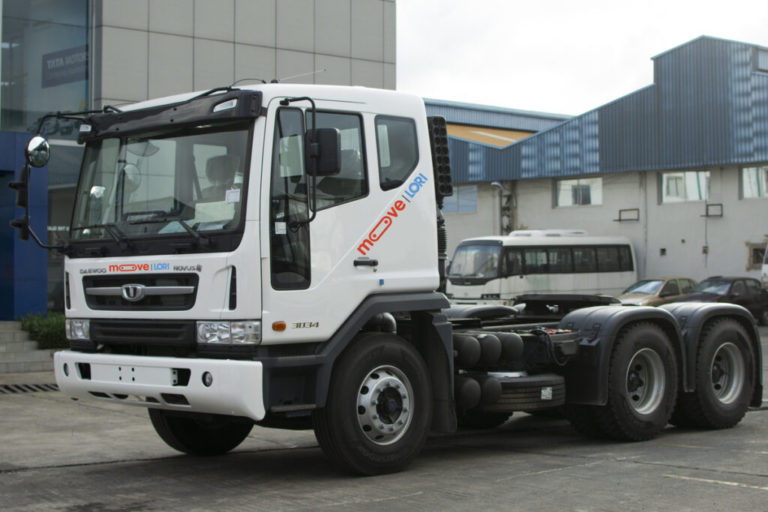Empowering Africa’s Small and Medium-sized Enterprises (SMEs) with Technology Adoption

To help increase technology adoption among the continent’s SMEs, the research emphasizes the significance of sharing best practices to enable better decision-making and cost-effectiveness.
Nearly 70% of Africa’s small and medium-sized firms (SMEs) have invested in technology in the last year to assist enhance growth and resilience, indicating that SMEs are recognizing technology’s positive impact.
There are numerous opportunities to realize the full potential of digitalisation for these businesses and the continent, which requires addressing barriers such as infrastructure, connectivity, and the high cost of implementing technology, as well as developing best practice frameworks for improved collaboration.
These are the conclusions of a new report titled ‘Levelling the SME Playing Field’, which was jointly launched by Vodacom Group, Vodafone Group, and Safaricom.
The report is the sixth research paper in the Africa.connected campaign, which seeks to create sustainable development by bridging digital barriers in Africa’s core economic sectors through strategic collaborations.
“This research delves into the specific issues that SMEs confront in Africa and outlines what needs to be done to assist these entrepreneurs in overcoming these barriers. “Our findings highlight the significant role that technology can play in helping small businesses tap into new opportunities, access finance, increase productivity, reduce costs, and improve their competitiveness,” says Shameel Joosub, CEO of Vodacom Group.
The adoption of technology by African SMEs poses distinct problems. Aside from poor infrastructure and connectivity, the data suggest that the largest challenge for SMEs is the high cost of technology upgrades and renewals (58.3%), which can prohibit small enterprises from keeping up with the newest technological breakthroughs. Almost one-third of SMEs (32%) are concerned about a lack of digital skills and knowledge to fully utilize technology solutions. Furthermore, the study identifies regulatory and compliance difficulties as stumbling hurdles in SMEs’ efforts to digitalize.
The study is based on talks with 400 SMEs in eight African nations (South Africa, Kenya, Egypt, Ethiopia, Mozambique, Tanzania, the Democratic Republic of the Congo, and Lesotho), with sizes ranging from one to 200 employees. These surveys were carried out in collaboration with World Wide Worx, a South African market research firm that specializes in information technology and telecommunications.
In Africa, digitization has been a game changer for SMEs, with respondents citing technology’s beneficial impact on growth, efficiency, competitiveness, and customer service. Furthermore, by leveraging e-commerce platforms, social media, and digital payment systems like M-Pesa, SMEs may broaden their reach, gain significant data insights, and optimize operations.
To help encourage technology adoption among the continent’s SMEs, the research emphasizes the necessity of sharing best practices in order to improve decision-making and cost-effectiveness. In terms of knowledge-sharing, these standards promote a learning culture by assisting in the identification of gaps in understanding and making it simpler to apply creative ideas, as well as providing an internal knowledge base and preventing know-how loss. Furthermore, using established processes and technology is faster and safer than developing new ones.
“Digital solutions and tools open possibilities for entrepreneurs and small business owners to connect and discuss best practices so that they can learn from each other’s experiences, mitigate common hurdles and maximise their potential. We at Vodacom are keen to partner with small businesses and support them on their journey to success. As a purpose-driven business, our goal is to utilise our networks and our technical capabilities to help SMEs innovate so that together we can create a more resilient, inclusive, and sustainable future for Africa,” says Joosub.







